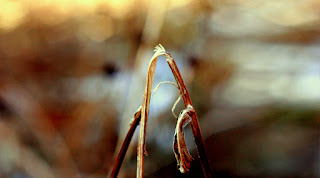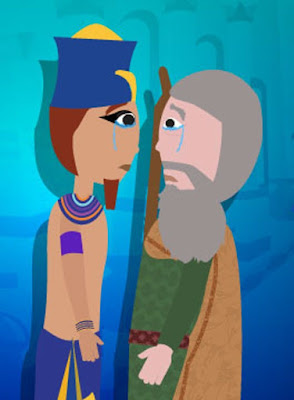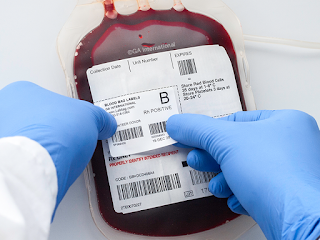The Bruised Reed: We don't need "Wheat-Wackers"
I don’t know how many grew up in the same way that I did but being typical boys me and my brothers would take sticks to about any plants that we could find in the forest behind our house. Obviously, this was the responsibility of an 8 and 10-year-old, right?
Thankfully,
Jesus is not like 10-year-old me, but even more thankfully He is not like many
in the churches of our day. While likely with genuine intentions, many take it
upon themselves to root out the problems that they perceive in the church. If
they see weakness, we need to get it out post haste, right? Well not necessarily.
Jesus gives us
a parable about the wheat and the tares to help illustrate something that we
need to understand. (Matthew 13:24-30) In this parable we find a group of eager
servants that have discovered that the enemy has sown tares, or weeds, in with
the wheat. These servants run to the master and are willing and ready to go
pull up these weeds from the field, but the master gives them what may seem
like a strange command. He tells them to leave the weeds be, to let them grow
together, as to not damage the wheat.
You see this
story is not without context. Jesus in the chapter previous had just got done
healing a lot of people, but giving them the same command, “don’t make a big
deal about this”. (Matthew 12:15-16) This seems like a crazy command to give
people who had just been healed but Matthew tells us this was done in order to
fulfill something that was said by the prophet Isaiah.
He shall not cry, nor lift up, nor cause his voice to be heard in the street. A bruised reed shall he not break, and the smoking flax shall he not quench: he shall bring forth judgment unto truth. Isaiah 42:2-3
Reeds were
everywhere in Israel and had no value. Even further, a bruised reed was
completely worthless, so why does it matter that He had not come to break the
bruised reed?
It matters
because we are bruised reeds. Sibbes states, that Jesus compares us to a weak
thing, as Scripture often does. Among the birds, we are doves; among the
beasts, we are sheep,1 and among plants we are reeds.
Peter Kral puts
it this way, “Bruised reeds are people who are broken and needy, people worn
out and tired and exhausted with life’s circumstances, people neglected by the
world, but accepted by Jesus”.2
Jesus was never
hard or harsh to wounded people, and more than ever, that is exactly what we
are, wounded hurting people. We should never take what we perceive to be our
strength as a Christian, as an opportunity to look down upon anyone that we do
not perceive to be on the same level with us. Why? Because we are all in the
exact same need of grace! Grace by its very definition is undeserved, and the
day that we think that we deserve the grace that we have been given, we have
completely missed the whole point of the gospel!
If we are going
to be like Christ, we MUST be a people that are full of mercy to those around
us. Which has become increasingly harder, as well as increasingly more needed
in these days of elections and COVID.
My we never
take Jesus’ word to the religious oppressors of His day as an excuse to become religious
oppressors ourselves! This is not the model that we have been given by our
Savior!
1 Sibbes, Richard, The Bruised Reed (Banner
of Truth Trust: Carlisle, PA, 1630), 3.
2 Kral, Peter, Desiring God: Gentle
Jesus and the Compassion Conspiracy (April 16, 2015)





Comments
Post a Comment